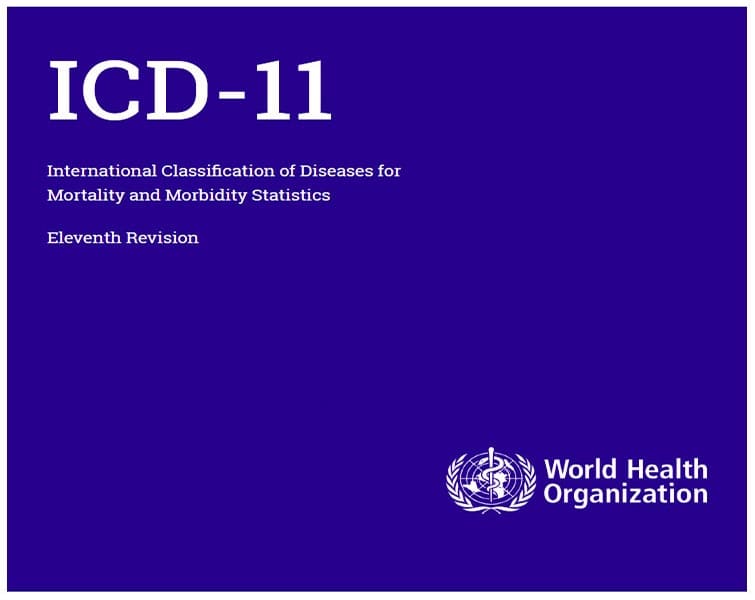Video games are fun and often addictive. But at what point can someone actually be called an addict?
Most people who were lucky enough to be able to play on a console or computer in their childhood would have had the experience of their parents telling them to stop playing after an hour or two.

Back in the days, our parents would reward us with time to play games whenever we did something like finishing our homework or doing the chores. At the time, it was quite frustrating mostly because the limited time would result in having to quit in the middle of a certain episode or important part of the storyline.
Now to think about it, we would probably be doing the same to our children, because we now understand how addictive games are and why it can be bad, especially during childhood.
However, do we really know if video games are actually dangerous enough to be called an addiction? Everyone knows the explicit dangers of addictions to drugs, alcohol or gambling, but is video game addiction that harmful?
The truth is, the World Health Organisation (WHO) decided to classify game addiction as an official disorder in 2019, which means it will be treated as a mental disorder in need of treatment.
They say someone will be diagnosed with ‘Gaming Disorder’ if gaming, either digital or video, takes up more of their life than other essential daily activities despite producing negative consequences. In other words, someone is considered addicted if they lose control over their urge to play games.

This might not be too surprising, because numerous studies have already proven that playing games excessively on a daily basis can lead to extremely negative outcomes.
For instance, being addicted to a game most likely means the time spent playing games is out of control, potentially more than 10 hours each day. This will most likely ruin one’s sleep schedule and nutrition because more often than not, it’s easy to forget about physiological needs like sleeping and eating while playing games.
This might not affect your life so much if it happens for a day or two, maybe you’re just playing a lot on the weekends. However, imagine playing that much everyday for a week or even a month.
Various studies have also shown that video game addiction can negatively affect attention spans, academic performance and wellbeing in general. Moreover, people rarely move their body other than their hands and eyeballs when playing video games, which suggest higher possibilities of being underweight, if you are not getting enough nutrition, or being overweight if you manage to eat regularly but do not burn those calories.
There is evidence that the excessive playing of games can also lead to depression and various emotional issues.

Another big problem with some games, especially mobile games, is the addiction to loots or microtransactions, which usually cost a lot of money. There are a surprising number of people who invest heavily in these expenses. This might be fine if it is for content or the person earns a fortune from their job, but if not, then it is likely a problem.
In addition, on the premise that you own a PC or console to play games on, video games are unrivalled in terms of accessibility.
The fact is that while drugs or alcohol typically require someone to get their feet on the grass and physically purchase them to be able to use, all one needs to do to play a game is get up from their bed and simply boot a device.
In fact, video game addiction is actually a growing issue nowadays, as the number of people who have Gaming Disorder account for about 60 million people in the world. Reports say the average age of addicted gamers is 24.
Experts say if you feel like you are playing video games to the point where they negatively affect your daily life mentally or physically, it should most likely be treated as a Gaming Disorder.
Fortunately, as the addiction for video games is so prevalent these days, there are various ways to get help such as treatment centres. Alternatively, you can also look for other hobbies like engaging in sports, learning music or maybe just socialising with others.






